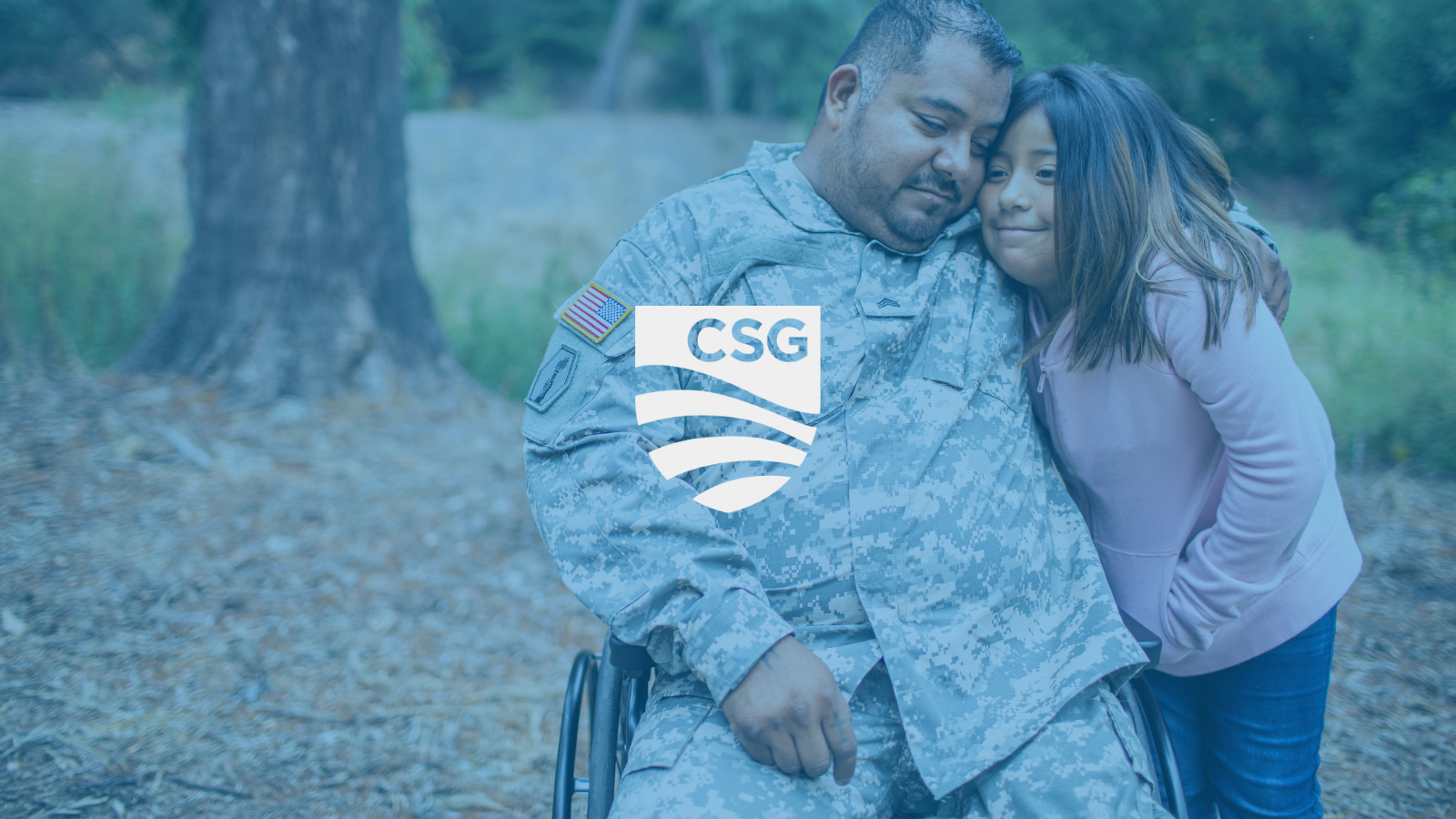By Joe Paul
As long as there has been war, veterans have been coming home. Many have injuries that make work difficult or make some careers impossible. Questions surround veterans who have sustained physical or mental injury in service of their country. Will I be able to work? How can I provide for my family? Will someone hire a veteran with injuries? Given the prevalence of these concerns, there is a federal support system in place to assist veterans.
The two laws integral to protecting veterans in the workplace are the Uniformed Services Employment and Reemployment Rights Act (USERRA) and the Americans with Disabilities Act. USERRA provides requirements for reemploying veterans both with and without service-related injuries, while Title I of the ADA outlines what qualifies as disabilities and accommodations. USERRA is enforced by the U.S. Department of Labor and the U.S. Department of Justice.
USERRA prohibits employers from discriminating against employees or applicants for employment based on their military status, including military obligations resulting from duties as part of the National Guard or Reserves. Reemployment protection for persons with or without service-related disabilities is also included.
All veterans are covered under USERRA regardless of disability status. The veteran is also protected by ADA if their disability falls under the ADA. Employers must make “reasonable efforts” to help a veteran returning to employment become qualified to perform the position they would have had if employment had not been interrupted by military service or if they sustained a disability during their military service.
Title I of the ADA, enforced by the Equal Employment Opportunity Commission and applying to all workers, prohibits private, state and local government employers with 15 or more employees from discriminating against individuals based on disability. Having a disability or having a history of disability cannot factor into any aspect of employment, such as hiring, promotions, assignments, training, termination, or any other terms, conditions or privileges of employment, including questions of access to training or social events that are employer sponsored.
If a veteran is diagnosed with PTSD, or if the employer believes that the veteran may have PTSD, it is illegal for the employer to refuse to hire the veteran if they are otherwise qualified for the job. The ADA also limits the types of medical information employers can obtain and strictly prohibits disability related harassment and retaliation. Section 501 applies those standards to the federal executive branch and U.S. Postal Service, among others.
If an employer can prove that employment of a person with disabilities would cause an undue hardship, employers can propose reasonable alternatives. Generally, undue hardships come at significant difficulty or expense to the employer. The ADA National Network defines “undue hardship” as an “action requiring significant difficulty or expense” given any number of circumstances. The size, resources, nature and structure of the employer’s operation must be considered. Many, if not all, of these provisions do not apply to employers of less than 15 employees. For example: if a chair lift is requested, an employer could propose a ramp as a reasonable alternative.
Many veterans self-eliminate themselves from viable career opportunities by thinking their injuries either disqualify them for a job or that performing the job would not be possible given their injuries. The reality is that veterans are protected if they meet the ADA’s definition, and the veteran is otherwise qualified for the job. An “individual with a disability“ is a person who (1) has a physical or mental impairment that substantially limits one or more major life activities; (2) has a record of such an impairment, such as a substantial limitation prior to undergoing rehabilitation; and (3) is regarded or treated by an employer as having such an impairment, even if no substantial limitation exists.
If the veteran is qualified for the job by meeting the employer’s requirements for education, training, experience, skills, licensure or other requirements, and would be successful in the position with or without accommodations, they must be considered. There are additional requirements if the employer is the recipient of federal funds.
Disabled veterans should be aware of the 2008 ADA Amendments Act which added the term “major life activities,” and defined them to include not only activities such as walking, seeing, hearing and concentrating, but also the operation of major functions of the brain and neurological system. A list of reasonable accommodations for veterans with any of these disabilities can be found on the U.S. Equal Employment Opportunity Commission’s website.
An impairment should not prevent or severely or significantly restrict a veteran’s performance of a major life activity to be considered substantially limiting. The determination of whether an impairment substantially limits a major life activity must be made without regard to any mitigating measures, including medications or assistive devices such as prosthetic limbs, that you may use to lessen your impairment’s effects. Impairments that are episodic or in remission, such as epilepsy or PTSD, are considered disabilities if they would be substantially limiting when active.





